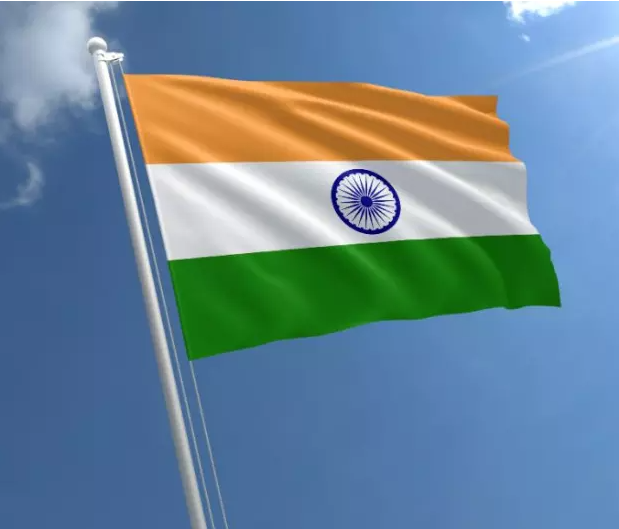India has marked a significant milestone by entering the top 100 in the global Sustainable Development Goals (SDG) Index for the first time. According to the 2025 edition of the Sustainable Development Report (SDR) released by the UN Sustainable Development Solutions Network, India now ranks 99th out of 167 countries with an SDG score of 67, a considerable improvement from its 109th position in 2024.
This annual index evaluates countries’ progress on the 17 SDGs adopted by UN member states in 2015, with a perfect score of 100 reflecting full achievement across all goals. India’s focus on sustainable development and inclusive growth. are also reflecting in its raking, which is consistently increasing-112th in 2023, 121st in 2022, and 120th in 2021
Among regional peers, Bhutan (74th) and Nepal (85th) outperformed India, while Bangladesh (114th) and Pakistan (140th) trailed behind. Maritime neighbours Maldives and Sri Lanka ranked 53rd and 93rd respectively. China secured 49th place with a score of 74.4, while the United States, continuing its opposition to SDG-aligned policies, stood at 44th with 75.2 points.
Though some countries showed improvement in its SDG ranking,still report warned that global progress toward achieving the 2030 agenda remains largely stagnant. Only 17% of SDG targets are currently on track to be met by the deadline. The report cites persistent challenges, including geopolitical conflicts, structural vulnerabilities, and inadequate fiscal space in many regions, as key roadblocks.
European nations continue to dominate the top position, with Finland, Sweden, and Denmark leading the global rankings. However, even these frontrunning nations are facing issues related to climate change and biodiversity loss, primarily driven by unsustainable consumption patterns. Still, regional progress has been most visible in East and South Asia, fueled by rapid socioeconomic development. Countries such as Nepal (+11.1), Cambodia (+10), Philippines (+8.6), and Bangladesh (+8.3) were among the highest gainers in performance since 2015.
The report also highlighted several areas of global improvement, particularly in infrastructure and basic services. Positive trends were noted in mobile broadband access, electricity coverage, internet penetration, and reductions in under-five and neonatal mortality rates. On the other hand, five areas showed marked regression since 2015: rising obesity rates, press freedom declines, unsustainable nitrogen usage, increasing biodiversity loss, and worsening corruption perception scores.
Barbados, Jamaica, and Trinidad and Tobago ranked highest in global governance and multilateral commitment. Among the G20 nations, Brazil led at 25th, and Chile emerged as the top OECD performer at 7th. The United States was ranked 193rd, the lowest on the multilateralism index, for the second consecutive year.
The report has been released just ahead of the Fourth International Conference on Financing for Development (FIFD4) in Seville, Spain, scheduled from June 30 to July 3. It issues a immediate call for reforming the global financial system, emphasizing the urgent need to redirect capital flows from developed economies toward emerging and developing countries (EMDEs), which present more substantial long-term growth potential. The report argues that such reform must be a top priority at FfD4 to ensure meaningful global progress on the 2030 SDG agenda.


